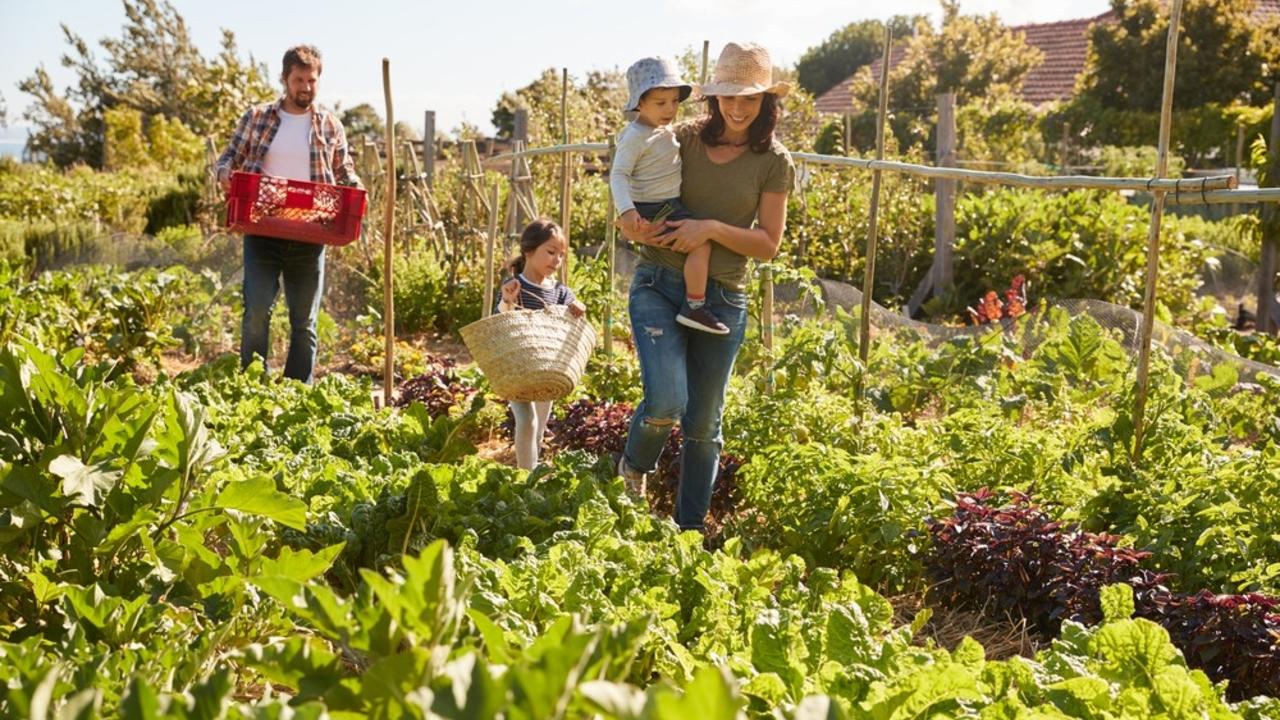Community Gardens

Community gardens ensure that gardening is accessible to everyone. Barriers such as limited space, agricultural knowledge, or gardening tools can prevent individuals from growing their own fruits and vegetables and obtaining the many health and mental benefits associated with gardening. Community gardens are shared plots of land that have either been further divided into separate plots and rented out by individuals or are communally owned in terms of maintenance and food production.
One of the many benefits of community gardens is the ability to transform underutilized and abandoned areas of a city into productive green spaces. Vacant lots that receive adequate sunlight and have access to a water source are perfect spots for community gardens to be established. The appearance of surrounding areas, whether they are residential or mixed-use, can be significantly increased by the presence of a well-maintained garden. Additionally, community gardens encourage people to gather outdoors, effectively giving the area a vibrant and welcoming appearance.
Another benefit of a community garden is the opportunity for socialization, community building, and knowledge sharing. Community gardens are great places to meet new people and interact with your neighbours. Working alongside other gardening enthusiasts, not only allows you to develop relationships, but provides you with the opportunity to learn from their experiences and knowledge. If you’re a beginner gardener community gardens are a great place to get some tips and tricks from your peers. Some gardens may even have educational programs that are designed to inform individuals about beneficial agricultural practices.
The production of fresh fruits and vegetables is an important outcome of community gardens, as it can enhance and supplement the diets of community members. Healthy and fresh produce can sometimes be hard to come by, therefore growing your own in a community garden can be an inexpensive and rewarding process. Additionally, some community gardens opt to donate the produce to food banks and families in need.
Producing food locally is also a great way to reduce the carbon footprint of our food. Community gardens bring food right into your neighbourhood without the need to transport the greens, fruit and vegetables. This has a significant impact in increasing food security and community resilience as we seek to find ways to reduce our carbon emissions. Enhance your local community by checking out available community gardens in your area or consider starting your own!
How to start your own community garden
Community garden do’s and don’ts
Stay connected with news and updates!
Join my mailing list to receive the latest news and updates. Your information will not be shared.

